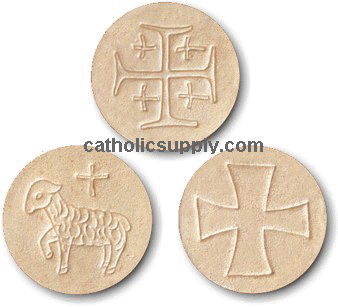Translated from Vitali's Essay. Emanuele Tesauro was born in Turin in 1592 and died in the same city in 1675. He entered the Jesuit Order in 1611. In 1654 he composed the Cannocchiale Aristotelico (Aristotelian Spyglass), the most important baroque rhetoric essay.Huck wrote:Andrea Vitali announced 4 new essays in Italian language ...
...
3 - The Aristotelian Telescope by Emanuele Tesauro (XVII century)
...
http://letarot.it/I-Sermoni-del-Giusti_ ... 6_ita.aspx
The passage about Tarot and Chess belongs to the discussion of “Inventions in which the fictional character makes use of gestures and actions, without words”.
I find this passage fascinating (p.57-58):
Finally whatever of pleasant and ingenious we find in Mute Games proceeds from the same source; [these games] represent some heroic subjects. Such is the game of Tarot; a deign creation of a barbarous mind, in which you see a mixed tangle of all the people in the world, with their devices. The Rich with Money, the Drunkards with the Cup, the Warriors with the Sword, the Shepherds with Maces. Emperors, Prelates, Angels, Demons: almost as if the Player holding a deck of cards had to keep the whole World in his hand, and the game were nothing but a metaphor of messing up the universe: who brings more ruin is the winner. But the most heroic and cunning game, a school of war, is that of Chess. In a small battle field you see two ordered armies, one of White Assyrians and the other of Black Africans. And here there are Kings, Queens, Warriors, Knights, Towering Elephants, and Infantry facing, assaulting, ambushing, surprising, running, helping, fighting, covering, taking prisoners and taking them out of the world at the command of the two Players, as if they where the masters of the battle. Until when the squads of the enemy are defeated and the King (the only one whose life is spared) is arrested: a tiring but sweet victory ends a conflict without bloodshed but not without anger for the loser. The game was conceived by the warlike mind of Palamedes among the Greek tends, in order to fight against idleness. You must not be surprised if an armed Pallas was born out of the brain of Jove and armies where born out of the brain of a Soldier. What is this game but a heroic symbol, a continuing metaphor? Where those little simulacra, animated by the living hand, allegorically represent an intellectual conflict, and have movement as their Motto. So the Player is transfigured in in the characters represented by those wooden warriors, and the mind of the Player lives in our images.


